Featured
OERLive Leaderspeak: Bader Al Lawati – Framing Life Through Lenses, Landscapes, and Leadership
Adventurer, photographer, and award-winning marketer, Bader Al Lawati shares how travel, wildlife, and creativity fuel his purpose beyond the boardroom in this inspiring conversation with OERLive’s Assistant Editor, Alvin Thomas.

Adventurer, photographer, and award-winning marketer, Bader Al Lawati shares how travel, wildlife, and creativity fuel his purpose beyond the boardroom in this inspiring conversation with OERLive’s Assistant Editor, Alvin Thomas.
Q: Let’s start with your parents. What qualities of theirs have influenced you the most? How do you see their impact on the person you are today?
A: My father has been a huge influence in shaping who I am, both in terms of my outlook on life and the way I approach challenges. He always had this incredible sense of adventure, and he made sure we were exposed to different experiences. He would take us on road trips across Oman, exploring the country in ways that many people don’t get the chance to. Those experiences built my curiosity and appreciation for discovery, something that I still carry with me today.
But beyond adventure, one of the most significant lessons my parents taught me was about independence. When I left Oman for university, my parents ensured I had the essentials – accommodation, food, and tuition – but if I wanted to enjoy life beyond that, I had to work for it. That instilled a strong sense of responsibility and self-sufficiency in me from an early age. I learned to budget, work part-time, and manage my own affairs, which gave me a head start in understanding the real world. That mindset has stayed with me, and I think it’s one of the most valuable gifts my parents ever gave me.
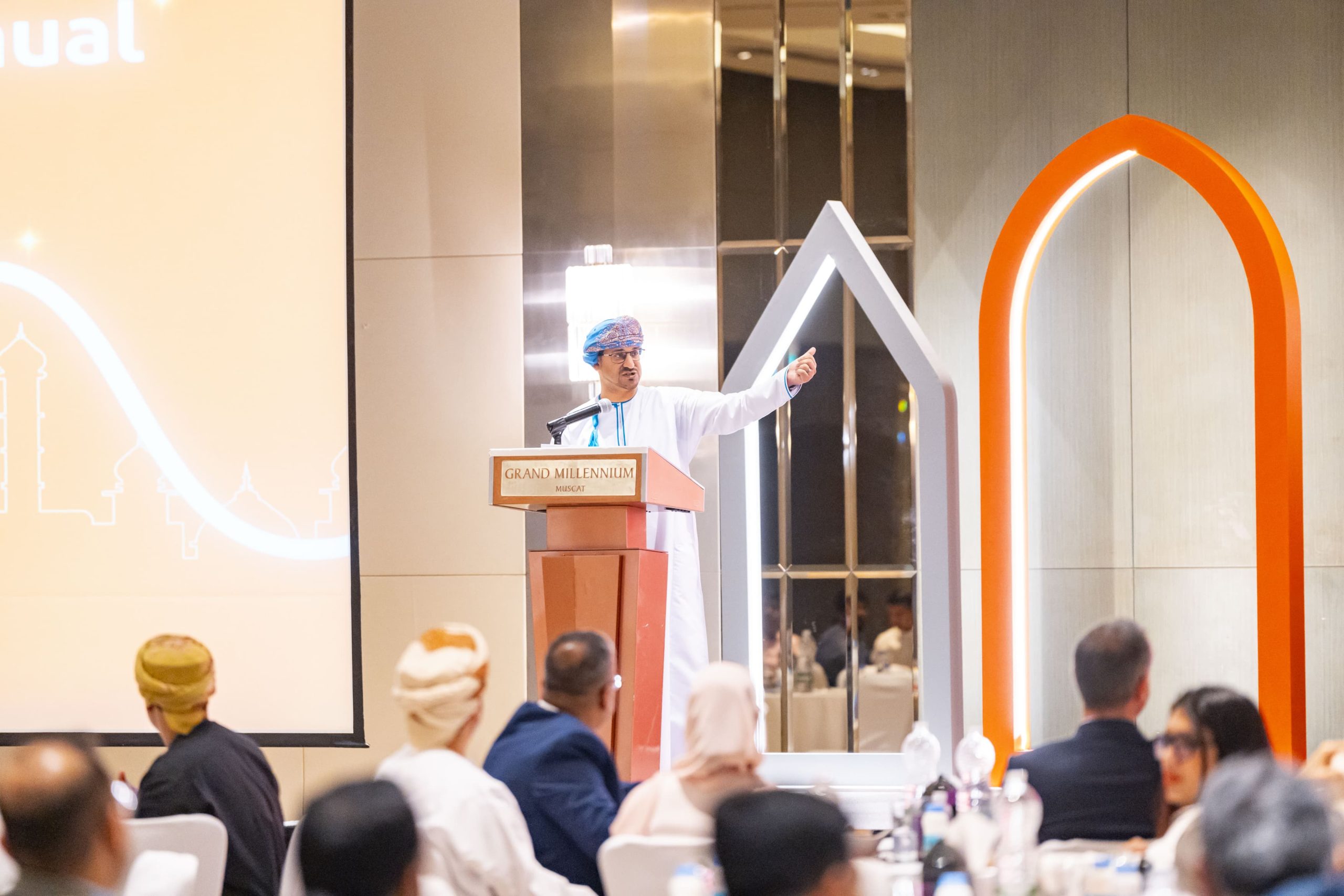
Q: Where did you go to university, and what did you study? What drove your choice of subjects?
A: I did my schooling in Oman, but I always felt like I needed a different kind of academic and personal challenge. So when I was around 17, I moved to Australia for college, which was a turning point for me. I enrolled at Curtin University and later completed my degree at the University of Wollongong. My focus was on a double major – Psychology and Marketing.
Psychology was something I had always been drawn to, partly because of my mother, who studied it as well. In our home, we were always open about mental health, which was quite rare at the time. I found it fascinating that while the body can heal relatively easily, the mind is much more complex – it requires care, understanding, and patience. I wanted to dive deeper into that.
Marketing, on the other hand, was something that captivated me when I began studying industrial psychology, color theories, and consumer behavior. I became obsessed with how branding and messaging influence people’s perceptions and decisions. The connection between psychology and marketing felt natural, and since I couldn’t choose one over the other, I pursued both.
My time in Australia wasn’t just about academics, though. The country itself was an incredible place to grow. I picked up so many passions there – photography, motor racing, and just the general thrill of experiencing a different way of life.
Q: Speaking of photography, tell us about your early interest in it and how it evolved over the years.

A: Photography has been a part of my life for as long as I can remember. My dad bought me my first camera when I was about five years old. It was one of those film cameras that stamped Ninja Turtles onto the prints. I think he assumed I was interested in photography when, in reality, I was probably just obsessed with Ninja Turtles! (laughs) But as fate would have it, the love for photography stuck with me.
When I moved to Australia, I finally had the means to invest in a serious camera – a Nikon F60. That was when I really started experimenting. I loved the anticipation of film photography, the fact that you had to wait a week to see if you actually captured the shot you wanted. It taught me patience, and I think that’s something digital photography doesn’t quite give you.
Over time, my interests expanded from general photography to wildlife and food photography. I love capturing details that people might overlook – the way light hits a plate of food, the raw power of an animal in the wild. It’s an outlet for me, something that allows me to disconnect and just be in the moment.
Q: You also had a deep love for cars and even got into racing. How did that start?
A: Cars have always fascinated me, but my real dive into racing happened in Australia. I got into V8 racing, driving Holdens. If you know anything about Australia, you know that the Holden vs. Ford debate is almost a national rivalry. I was firmly on the Holden side!
Racing taught me a lot about focus and discipline. The adrenaline rush of being on a track, the precision required to handle a car at high speeds – it was exhilarating. But it also came with a deep sense of responsibility. One wrong move and you could end up in serious trouble. It reinforced the idea that thrill and control have to go hand in hand, something that applies to many aspects of life.
Q: After Australia, you moved to Dubai and worked with Audi Middle East. What was that experience like?
A: Audi Middle East was an incredible experience. I joined as an Events Manager, which meant I got to travel all over the region, conceptualizing and executing launch events. One of my biggest projects was the Audi A1 launch at the Burj Khalifa, where we put a race track in the parking lot. We also did a high-end fashion show for the Audi A7 launch – it was all about blending automotive excellence with lifestyle and luxury.

It was an exciting and fast-paced life, but eventually, the constant traveling started taking a toll. Living out of a suitcase, hopping between countries – it sounds glamorous, but after a while, you crave stability. I also realised that while Dubai had incredible opportunities, Oman was home. My younger brother was growing up, and I wanted to be around for that. So I made the decision to return.
Q: What was it like adjusting back to life in Oman?
A: It was a challenge. Oman had changed a lot since I left, and I had to rebuild everything – friend groups, networks, even simple things like finding the right barber! (laughs) But more than that, I had to learn how to work within Oman’s professional environment, which operates quite differently from the high-speed corporate world of Dubai.
I started at a leading marketing and communications agency soon but found that the work-life balance wasn’t quite what I was looking for. Then I joined UMS, and that’s where I really found my stride. I had the opportunity to lead teams, work on exciting projects, and learn from great mentors. My leadership style developed there, shaped by the belief that people perform their best when they feel valued and trusted.
Q: What’s your leadership philosophy?
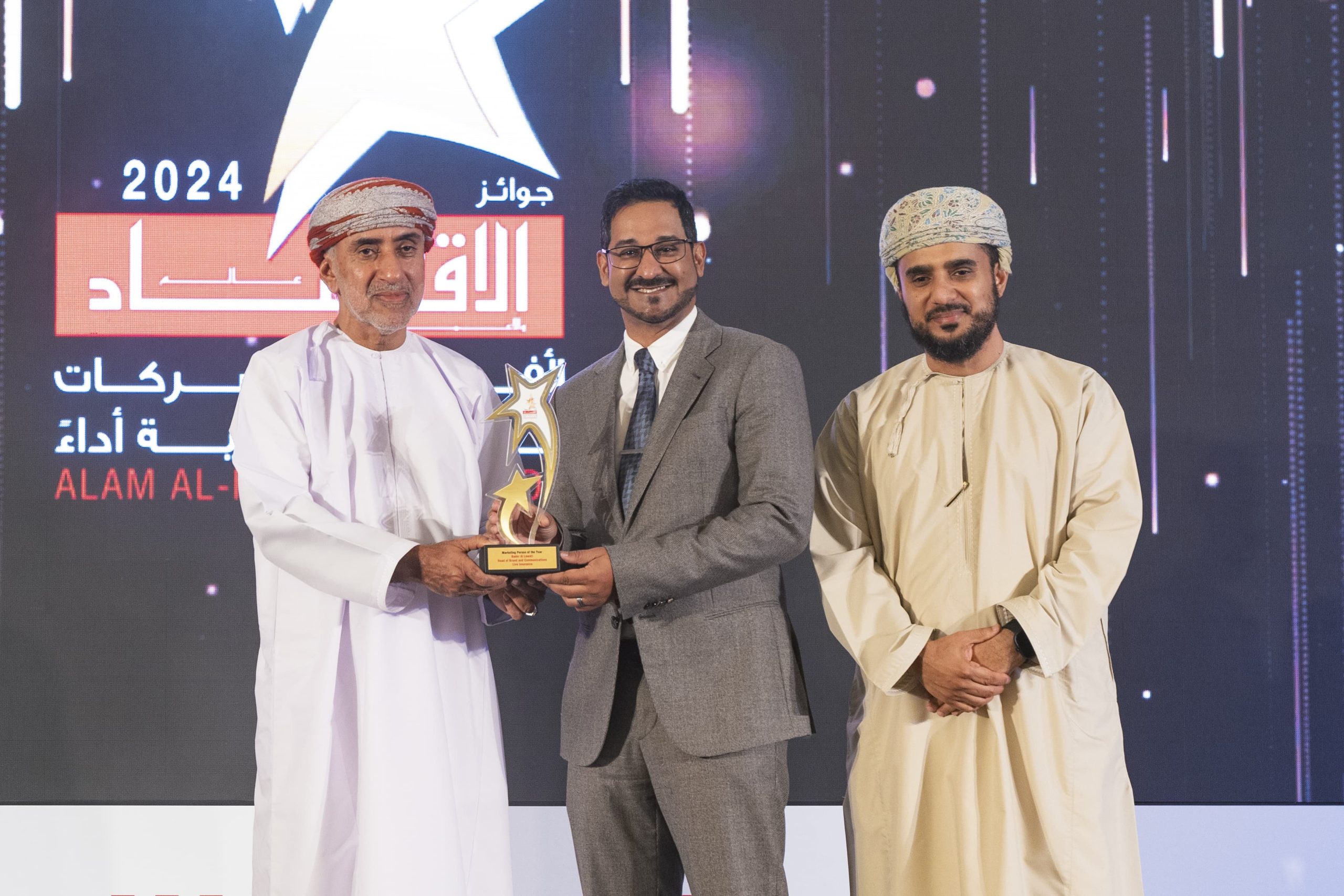
A: Leadership is about creating an environment where people thrive. At UMS, I learned that giving people flexibility and trust leads to better results. If I allowed my team to have a healthy work-life balance, they’d be far more engaged and committed when it really mattered. That philosophy has stuck with me.
I’ve been fortunate to have great mentors like Atulya Sharma at UMS, who pushed me to take ownership and understand my team’s strengths. Leadership isn’t about giving orders – it’s about enabling people to succeed.
Q: You’ve spoken about the mindset shift that changed your perspective on leadership. Can you elaborate on that?
A: Absolutely. The turning point for me was understanding that if you’re too important to be replaced, you’ll never be promoted. The only way to grow is by ensuring the people around you are capable of doing your job just as well – if not better. Your role should be about enabling others, mentoring them, and preparing them to take over so that you can move up. If you hold onto control and don’t let others grow, you become indispensable, which is counterproductive to career advancement. It was a profound realisation for me, and one of the most valuable things I learned from my mentor at Enhance Oman, Sami Al Sheikh.
Q: How do you balance that mindset with the natural tendency to want control?
A: It requires swallowing your ego. I make a conscious effort to delegate and push my team to take on responsibilities directly. With some of my colleagues, for instance, I ensure that they work with the CEO directly instead of coming through me, it helps showcase their talent and abilities. It’s a shift from merely giving orders to actually teaching and mentoring. Leaders from my early days ingrained this in me – it’s about preparing your team to take over your role, so you can focus on bigger things. You’re part mentor and part strategist.
Q: You seem to have a very hands-on leadership style. How did you develop this approach?
A: Through experience and observing great leaders around me. One simple but impactful habit I picked up was from Hanaa Al Hinai, CEO of Liva Insurance – she goes around the office every morning and greets everyone. That may seem small, but it makes a huge difference in morale. I’ve adopted that now as part of my daily routine. It keeps the team connected and makes me approachable. I’ve never been a fan of rigid hierarchies – people don’t need to call me ‘sir.’ I sit with the team, work alongside them, and have my own tasks just like they do.
Q: There’s often confusion between sales and marketing. How do you differentiate the two?
A: That’s one of the biggest mistakes companies make – combining sales and marketing as one function. I’ve worked in both and have clearly outlined the goals of both. Marketing is about telling customers why they should connect with you. It builds brand identity, emotional connections, and trust. Sales, on the other hand, is about the financial transaction – actually closing the deal and the benefits to the customer. Both marketing and sales run Facebook ads, but the goals are completely different. Marketing ensures people remember the brand and what it stand for, while sales gets the customer to make a purchase. Simply put: marketing creates the emotional connection, sales builds towards the financial transaction.
Q: Where did you learn to see marketing in this way?
A: I owe that perspective to two of my most influential teachers in Australia – Michael Baird and Ilan Zagoria. Michael, my marketing instructor, and I would constantly debate ideas. I actually thought I’d fail his class! But to my surprise, I ended up getting my highest grade because he valued critical thinking. One thing he always emphasised was that marketing is building an emotional connection. That has stuck with me ever since.
Q: How important is critical thinking in a corporate environment?
A: It’s essential. Critical thinking and empathy go hand in hand in marketing. You have to understand your customer, think from their perspective, and genuinely connect with them. One rule I have: I never market a product I wouldn’t personally use. When I worked with Audi, I actually owned an Audi. You need to live the brand, speak its language, and truly understand its value to communicate it effectively.
Q: What’s your philosophy on branding?
A: Branding isn’t about selling a product. I would say it’s about selling a feeling. If people don’t emotionally connect with your brand, they won’t remember you. The best marketing isn’t about hard-selling, but about storytelling. When we created the Liva Insurance anniversary video, we weren’t just selling insurance, we were selling reassurance; telling people that we’re with them through life’s ups and downs. That’s what makes a brand memorable. I wanted Liva Insurance’s brand to reflect life’s milestones—buying your first car, getting medical coverage for your child, etc. Insurance isn’t just a piece of paper; it’s peace of mind.
Q: Can you tell me about the digital transformation degree you mentioned earlier?
A: Sure! The degree from Columbia University was an incredible learning experience. It was about understanding the nuances of digital transformation, but what really stood out to me was that it’s not just about the technology but more about people. You can throw in all the tools and software, but the key to success is how well people adapt and accept it. It’s about managing change, not just technology. And that realisation hit me hard, especially when I started to apply these concepts practically.
In fact, as I was studying, we were already implementing some digital transformation at work. In 2019, we became the first company in Oman to adopt automated WhatsApp renewals for insurance. This was a breakthrough moment, where customers could now renew their policies through WhatsApp, assisted by an automated bot. The moment Facebook opened its APIs for bots, we were ready to lead the charge. It ended up being my case study at Columbia University, and presenting it to some of the senior professors there was one of those unforgettable moments. It was incredibly tough but also immensely rewarding.
Q: It’s clear you have a strong work ethic, but let’s shift gears for a moment. What other passions do you have outside of your work?
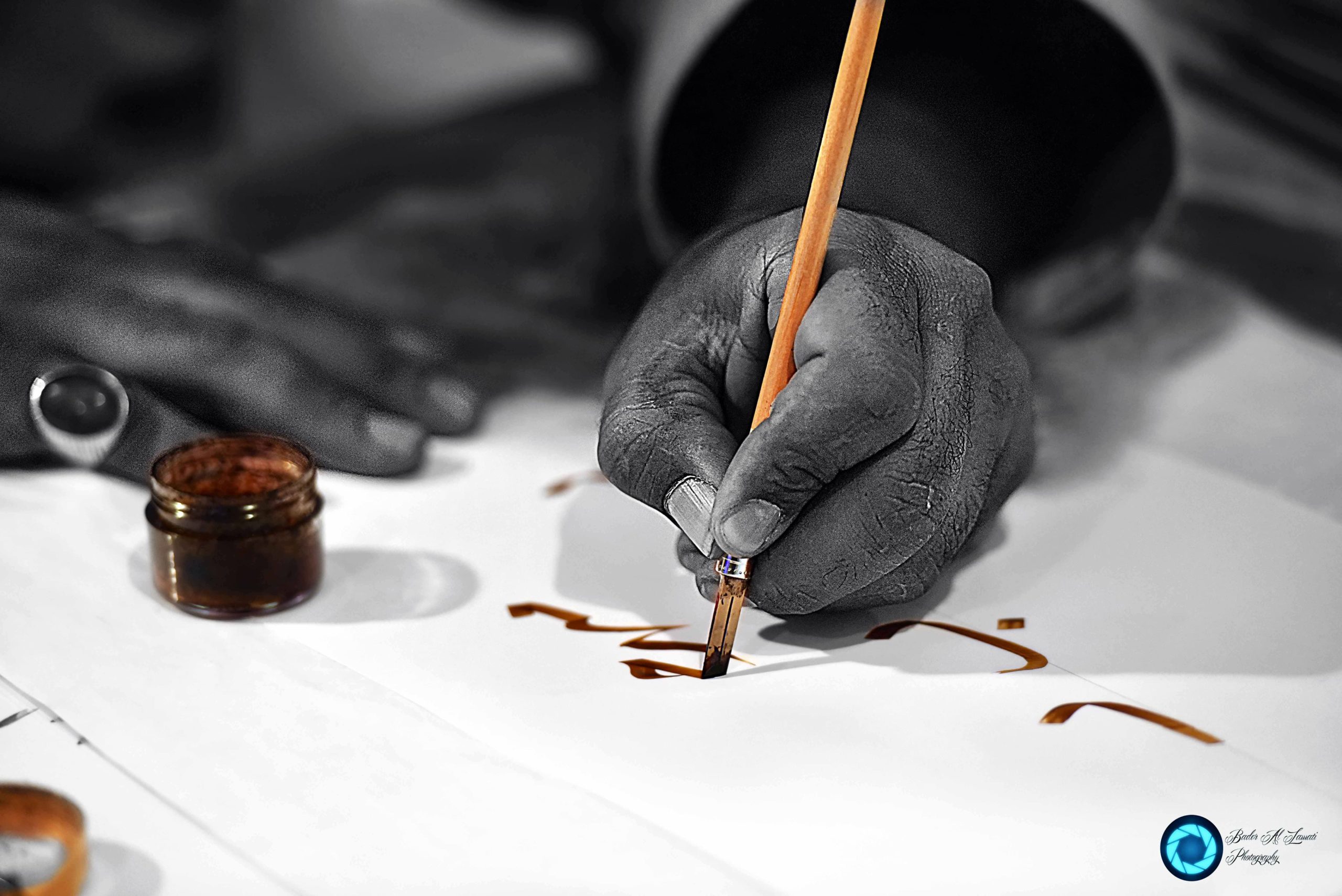
A: Oh, you’re right – I have many! It’s easy to get wrapped up in the corporate side of life, but I try to keep balance. One of my major passions is photography, particularly wildlife and food photography. My journey in photography started when I was just a child, probably around 5 or 6, but I didn’t start taking it seriously until I traveled to Antarctica in 2013. That expedition was life-changing. It reignited my love for photography in a way I had never expected. I was just surrounded by such beauty and wildlife, and I had to capture it.
As for food photography, that started more out of necessity. A friend of mine opened a restaurant and asked me to help with food photography for the menu. It wasn’t something I had done before, but I loved it. Over time, it became one of my favorite creative outlets. Even though COVID19 shut down the restaurant scene and food photography took a hit, I worked with Nikon Middle East as an instructor to teach others about it.
After that, I shifted towards wildlife photography, something that really took off for me. I went on a safari in Sri Lanka in 2021, and it was then that I really fell in love with it. The leopards, the birds, and the whole wildlife experience – it was incredible. There’s something so special about capturing creatures in their natural habitats, and the challenge that comes with it makes it even more rewarding.
Q: That’s amazing! What did you learn about wildlife photography, particularly when it comes to animals and birds like the kingfisher for instance?

A: Oh, wildlife photography is so different from what people think. It’s not just about having a good camera and lens; it’s about patience, observation, and being prepared. Birds, especially kingfishers, are incredibly tricky to photograph. They are extremely shy and can sense you from a distance. So, I had to learn a lot about their behavior camouflage and patience. I started visiting different reserves, observing their patterns, and gradually getting closer. Eventually, I bought a camo suit, which helped a lot. It allowed me to sneak up without spooking them.
One of my greatest moments was when a kingfisher landed just 25 centimeters away from me. I couldn’t capture the shot because my lens was for long-range photography, but it was such an incredible experience. It was like a moment of pure connection with nature.
In Sri Lanka, I snapped pictures of leopards, alligators, and rare birds, but the kingfisher remains my favorite. They’re such fast, graceful creatures, and they embody the essence of nature’s beauty.
Q: You’ve traveled to some amazing places. What’s been the most impactful destination for you?
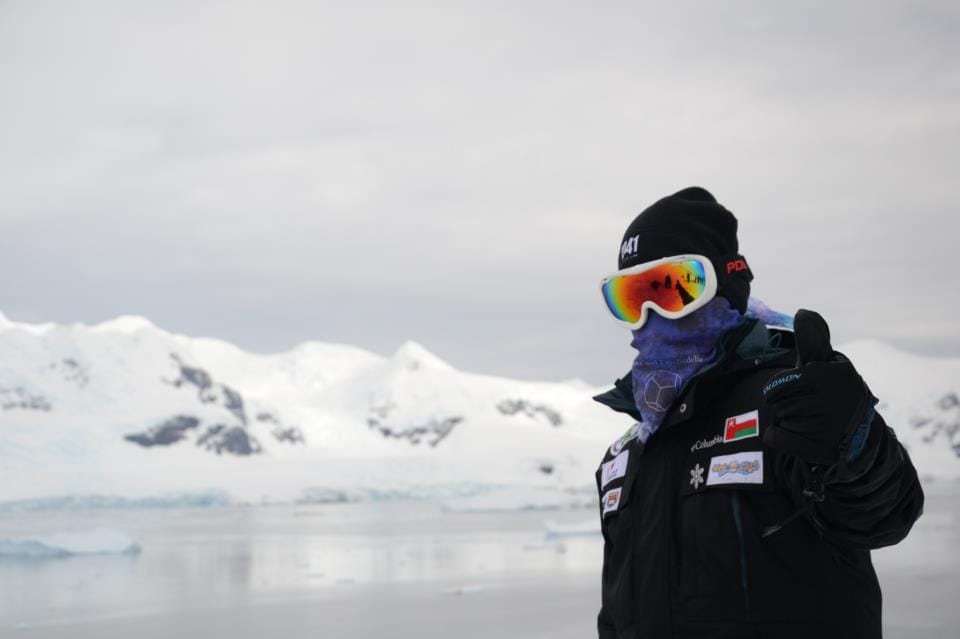
A: Without a doubt, Antarctica was life-changing. It’s not a place you can visit just for the sake of sightseeing. It’s a journey that demands emotional and physical commitment. The raw beauty and starkness of the place left me in awe. I got to see the Southern Lights, penguins, and even a whale right up close. It was an otherworldly experience. But it wasn’t just the landscape or the wildlife that impacted me; it was the people I went with. We formed an unbreakable bond, and we continue to support each other today.
The experience didn’t stop there, though. It sparked a deeper commitment to environmental issues, and I came back with a new sense of responsibility. We worked on campaigns like reducing plastic bags, and it changed the way I see the world. I realised that we need to leave this planet in better shape than we found it.
Q: I can see that journey changed your perspective. What other destinations would you recommend based on your travels?
A: There are a few places that are just as transformative, each for their own reasons. Norway, for example, is spectacular for its natural beauty, especially if you love the aurora borealis and the northern lights. The people are so warm and welcoming, and the respect they have for nature is something that resonates deeply with me.
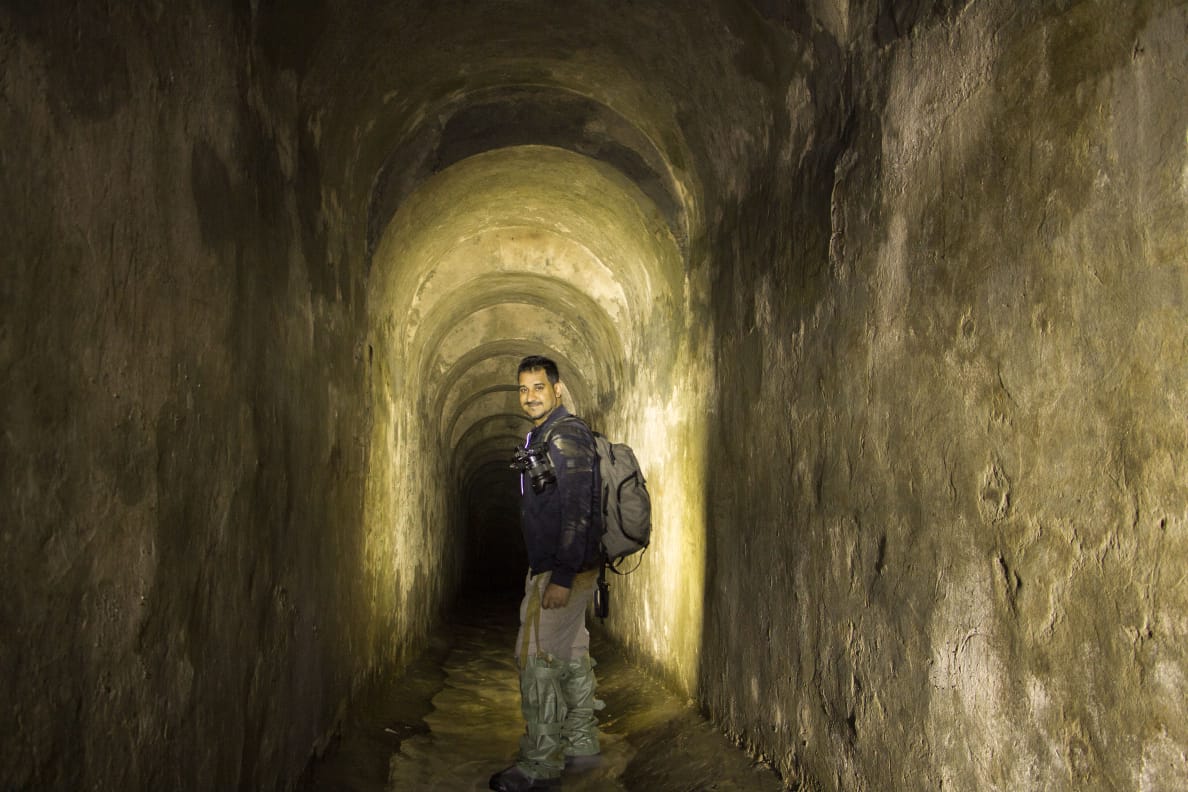
Then there’s Spain – what a place! The culture, the history, and again, the kindness of the people. It was an enriching experience. Mauritius, too, was unforgettable. Beautiful beaches, stunning nature, and an eco-conscious culture make it one of my top travel destinations. I also recommend Sri Lanka for its balance of natural beauty and cultural richness. The way humans live alongside wildlife there is something truly special.
But if I had to choose one place id want to go to, it would be Africa. Serengeti, here I come! I can’t wait to witness the wildlife there firsthand.
Q: It sounds like travel has really shaped your worldview. How did it influence your perspective on the environment?
A: Travel has completely reshaped how I think about our planet. The more I traveled, the more I realised how much beauty exists in the natural world – and how fragile it is. After my trip to Antarctica, I became acutely aware of the environmental challenges we face. Every piece of plastic I see carelessly discarded now hits me harder. It’s not just about protecting nature; it’s about protecting ourselves.
Being in places like Mauritius, where people live in harmony with their environment, showed me how important it is to respect nature. I’ve come to realise that every action, no matter how small, has an impact. Whether it’s reducing waste or helping protect animals, we all have a role to play. And that realisation has made me more committed to taking care of the world around me.
Q: With all these experiences and passions, how do you manage your time to balance it all?
A: Time management is crucial, especially with so many passions pulling at me. It’s all about setting priorities and being disciplined. I make sure to dedicate time to photography, travel, and my work, while also spending quality time with family. I know the dangers of burnout, so I make it a point to recharge and be present in the moment.

It’s also about having a support system – my wife, friends, family and colleagues all understand my need for balance. I try to be mindful of how I spend my energy, and when it comes to things like photography, I see them as a way to unwind and disconnect from the pressures of daily life. It’s all about finding that equilibrium and not letting one passion overshadow the others.
Ultimately, the experiences from each passion feed into the other, creating a more rounded and fulfilled life. It’s a lot of work, but it’s worth it.
Q: You’ve mentioned doing a TEDx lecture in SRM University in Chennai, India. How was that experience?
A: Ah, that was something else! I actually did my TEDx lecture in SRM University in 2015. I remember how intimidating it was to walk on stage in front of such a large audience, especially with the whole setup being so grand. They had this massive auditorium with over 1,000 people, and you could feel the energy of the crowd.
It’s been almost 10 years since that experience, but I still remember it as one of the most nerve-wracking yet exciting moments of my life.
Q: You’ve achieved some world records. Tell me more about that!
A: Yes, I have a few world records under my belt, and they were all through Record Setter. One of my records is for the coldest tweet, which I did back in the day. It was minus 29-degrees-Celsius when I tweeted, but I could’ve done it when it was even colder. I reached minus 52-degrees-Celsius at one point, so I could’ve broken my own record.
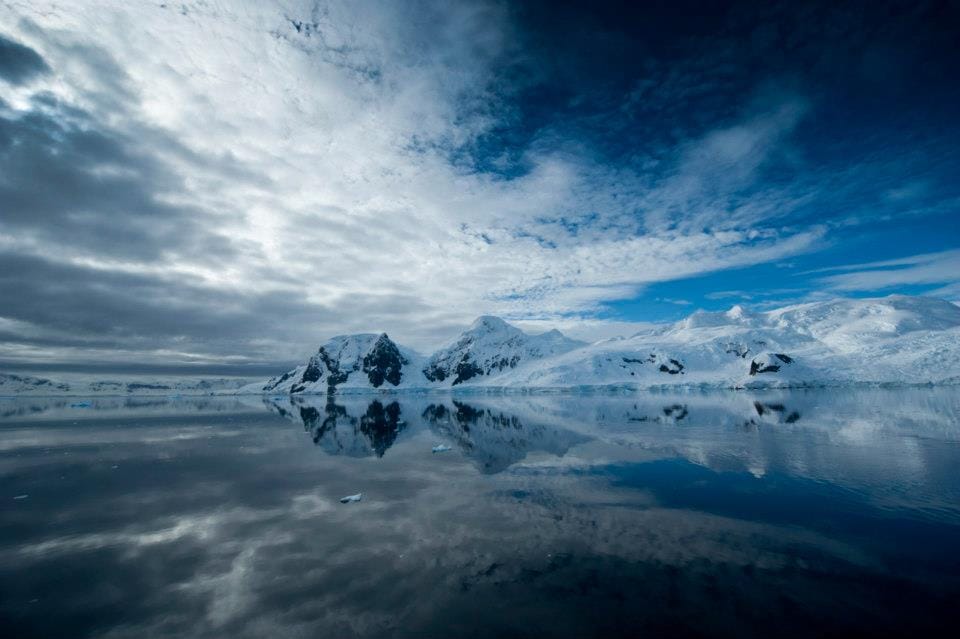
Another record I set was for doing the most burpees in a freezer. It was part of a fitness challenge, and I did 30-something burpees in freezing temperatures. The hardest part was dealing with the cold – especially on your hands, since you’re pushing down a lot of pressure. Your hands freeze up really quickly, and the pain is intense.
Q: Before we wrap up, do you have any advice for people who look up to you, or for younger generations growing up?
A: That’s a tough one. But if I had to offer any advice, it would be this: one of the greatest lessons my parents taught me was the importance of independence. Being independent and pursuing what you love is key. But here’s the catch – staying in love with what you do is much harder than simply starting something with passion. Anyone can start a project they’re excited about, but staying passionate and dedicated to it day in and day out… that’s the real challenge.
It’s not about doing something you love. It’s about loving what you do, no matter how long you’ve been doing it. So, my advice to anyone growing up is: Find what you love, but more importantly, keep that love alive. It will carry you through even the hardest times.
I’m sure I’ll have more thoughts to share as you write your story, but for now, that’s my message. Stay passionate, stay independent, and always stay true to what you care about.
-

 Banking & Finance2 months ago
Banking & Finance2 months agoOman Oil Marketing Company Concludes Its Annual Health, Safety, Environment, and Quality Week, Reaffirming People and Safety as a Top Priority
-

 News2 months ago
News2 months agoJamal Ahmed Al Harthy Honoured as ‘Pioneer in Youth Empowerment through Education and Sport’ at CSR Summit & Awards 2025
-

 OER Magazines2 months ago
OER Magazines2 months agoOER, December 2025
-

 News2 months ago
News2 months agoAI Security Conference 2025 Hosted by Securado Highlights the Changing Cybersecurity Landscape
-

 Insurance1 month ago
Insurance1 month agoSupporting Community Wellness: Liva Insurance Sponsors Muscat Marathon 2026 with Free Health Checkups
-

 Interviews1 month ago
Interviews1 month agoEXCLUSIVE INTERVIEW: TLS Rebranding Marks Strategic Leap Toward Innovation, Sustainability & Growth
-

 Insurance4 weeks ago
Insurance4 weeks agoLiva Insurance Supports Community Wellness Through “Experience Oman – Muscat Marathon 2026”
-

 Investment2 weeks ago
Investment2 weeks agoLalan Inaugurates Its First Overseas Manufacturing Facility, Marking Sri Lanka’s First Investment in SOHAR Freezone





























